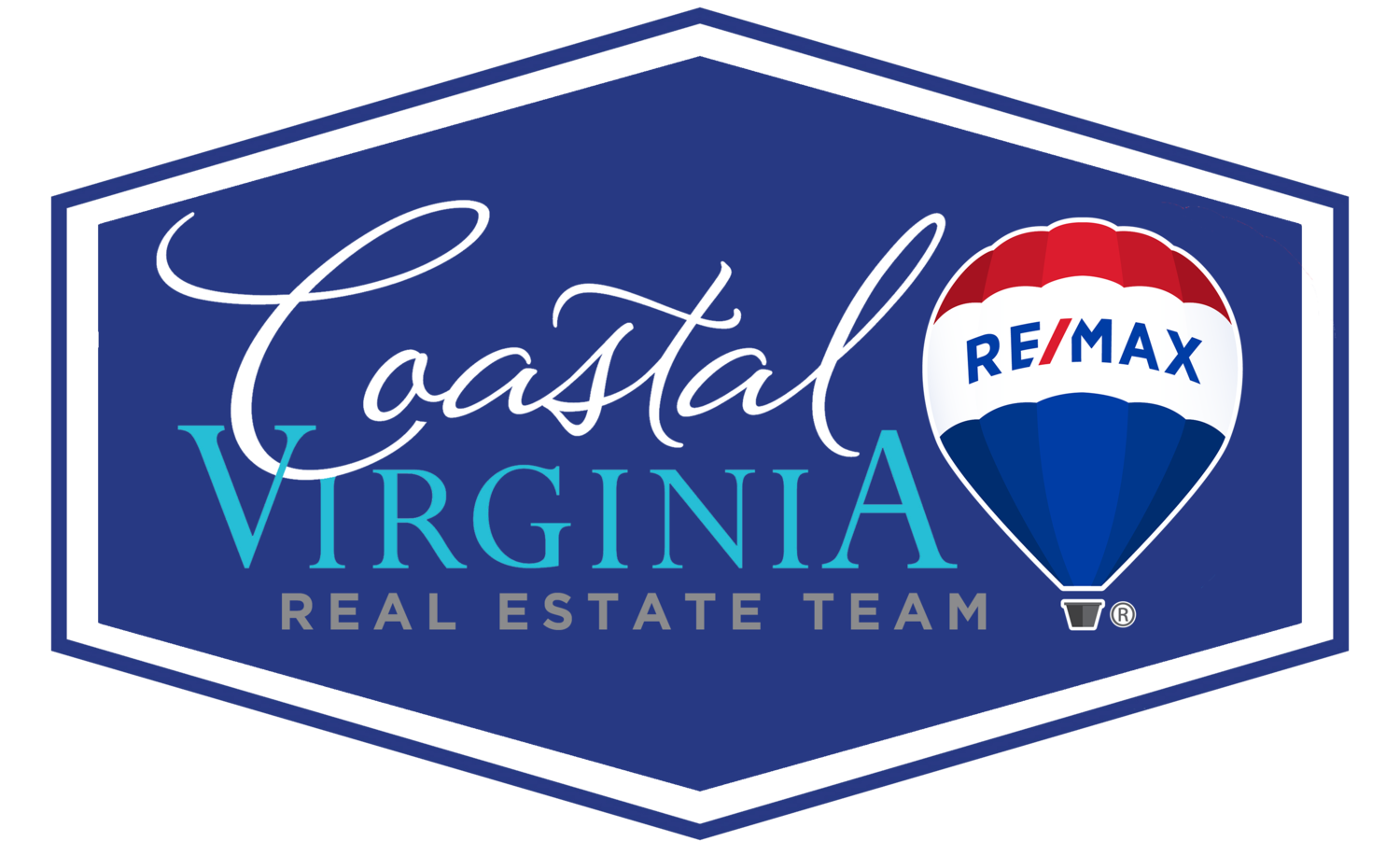Since the downturn of the market in 2007, there are a lot of homeowners who have transitioned from home “seller” to “investor,” simply because they owe more on their home than they can sell it for in the current market. Initially this seems like an “OMG” moment and what could be a halt in moving your family to a new town, or even just upgrading your current living situation locally. However, with so many creative loan programs out there, if you have good credit and your debt-to-income ratio is reasonable, you can easily transition your current home into an investment like many of our clients have done.
Whether you’re a professional investor or an “accidental investor,” Hampton Roads is a wonderful market for you! With the high number of local renters due to military, colleges and other economic forces, being an investor has never looked so good—as long as you know how to avoid the pitfalls.
So that’s what I’m here to tell you about today!
No tenant is better than a bad tenant any day of the week. Don’t rush to get your property rented just because you are feeling the vacancy stress. Proper screenings such as credit checks, background checks and past landlord references are a must. It will cost you a great deal more to get a bad tenant out than it would have to be patient waiting for the right one!
Proper and timely inspections. It’s unrealistic to expect the tenant to allow you access to the home every month. However, there should be a visual interior and exterior inspection once a year at minimum. During these annual inspections, it’s a great time to ask the tenant about any maintenance issues needed throughout the home. Check to be sure filters are clean and being changed, ensure no unauthorized pets are present and just be sure the home is being well cared for. You should also do a visual drive-by on the property about every six months, checking for any external issues such as lack of landscape manicuring or other signs of what I like to call “housal abuse.”
Keeping proper records for move-in and move-out inspections. As time goes on, both you and your tenant may forget about what the home looked like on move-in day. And to be honest, typically, the tenant always thinks it looked worse and you always think it looked better. A detailed move-in inspection with photos can avoid any questions and conflict—and more importantly, ensures that if the tenant is in fact responsible for damages, you have a leg to stand on.
Keep up with your maintenance. Believe it or not, a tenant you never hear from isn’t always a good thing. Making sure you have your HVAC serviced and your crawl space evaluated annually is a great way to ensure you won’t have unexpected major repairs.
Keep emotions in check. Even though this may have been your family home, it is no longer. Now, it’s an investment. You must make decisions based on financial gains and losses and a long-term mindset. You also can’t make decisions based on the fact that you are emotionally impacted by a tenant’s hardship, which is easy to do if you actually have a heart!
When all is said and done (and by “done” I mean “done correctly”), owning rental property can be a great financial asset and be a huge added benefit to your retirement plan. We all know the talk about Social Security and Medicare and the speculation of it not being there for many of us at retirement age.
If you think the above list is a lot—it’s not. There is so much more that goes into being a landlord. So, whether it’s a house you already own or a purchase you make with the thought of starting or growing your investment portfolio, find the right property manager to help with property management services. Having the “right” professional makes the difference!





